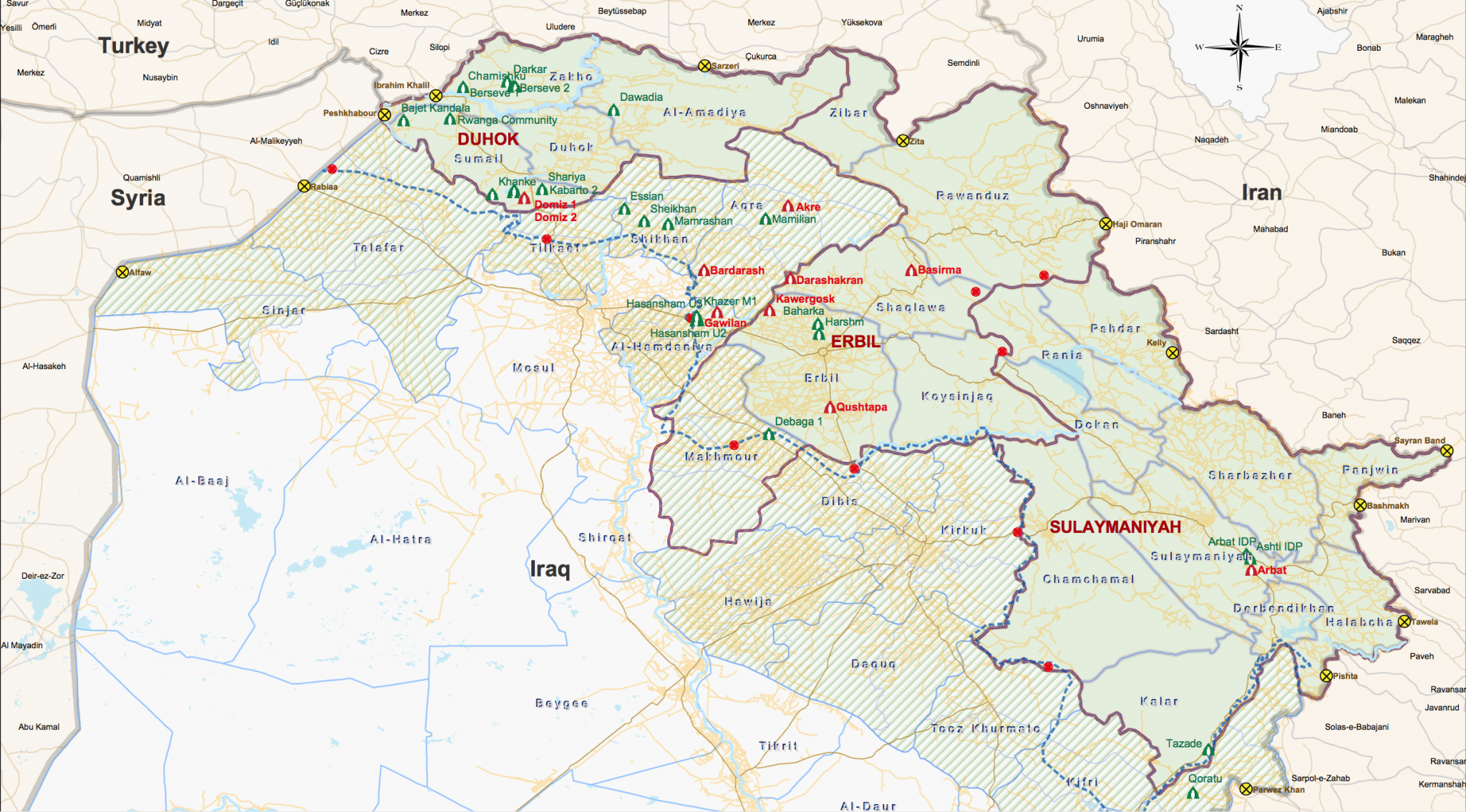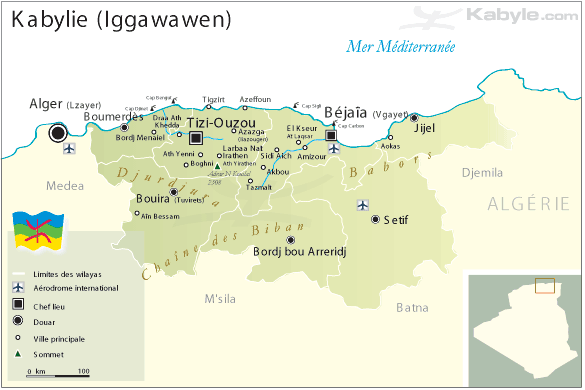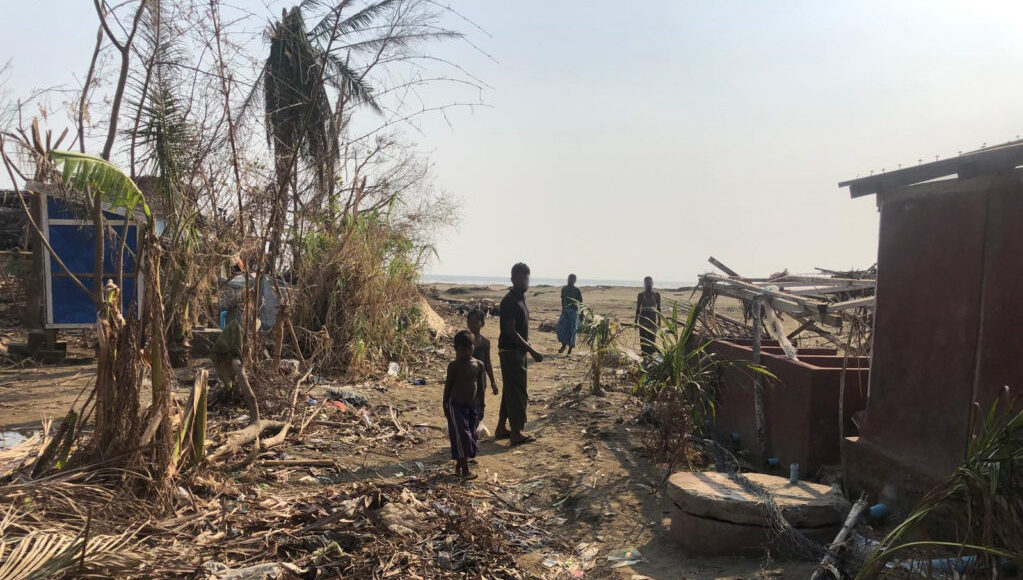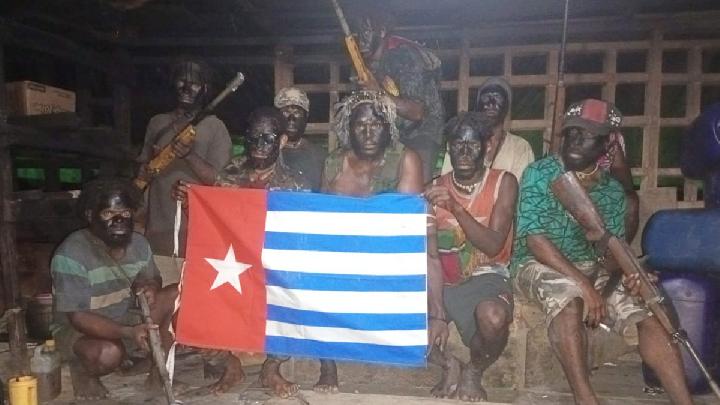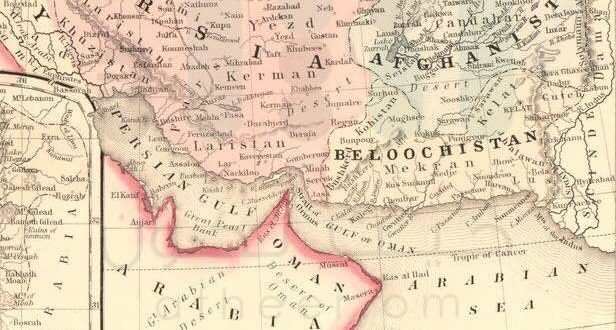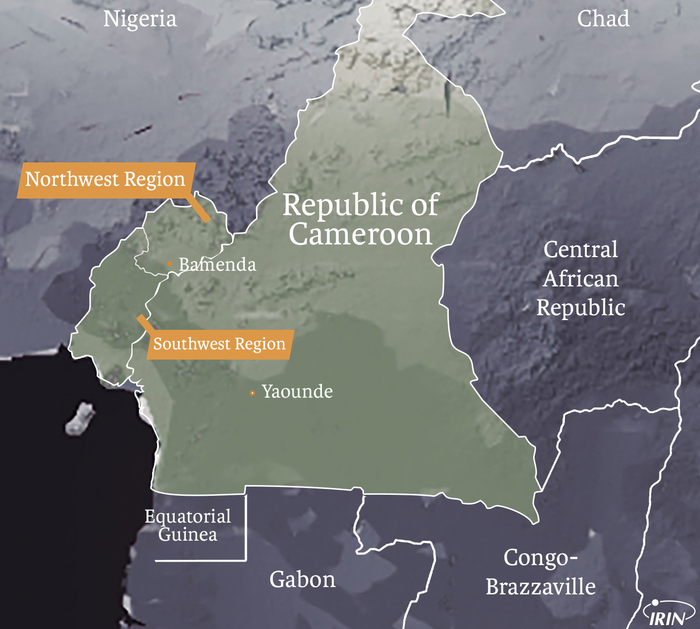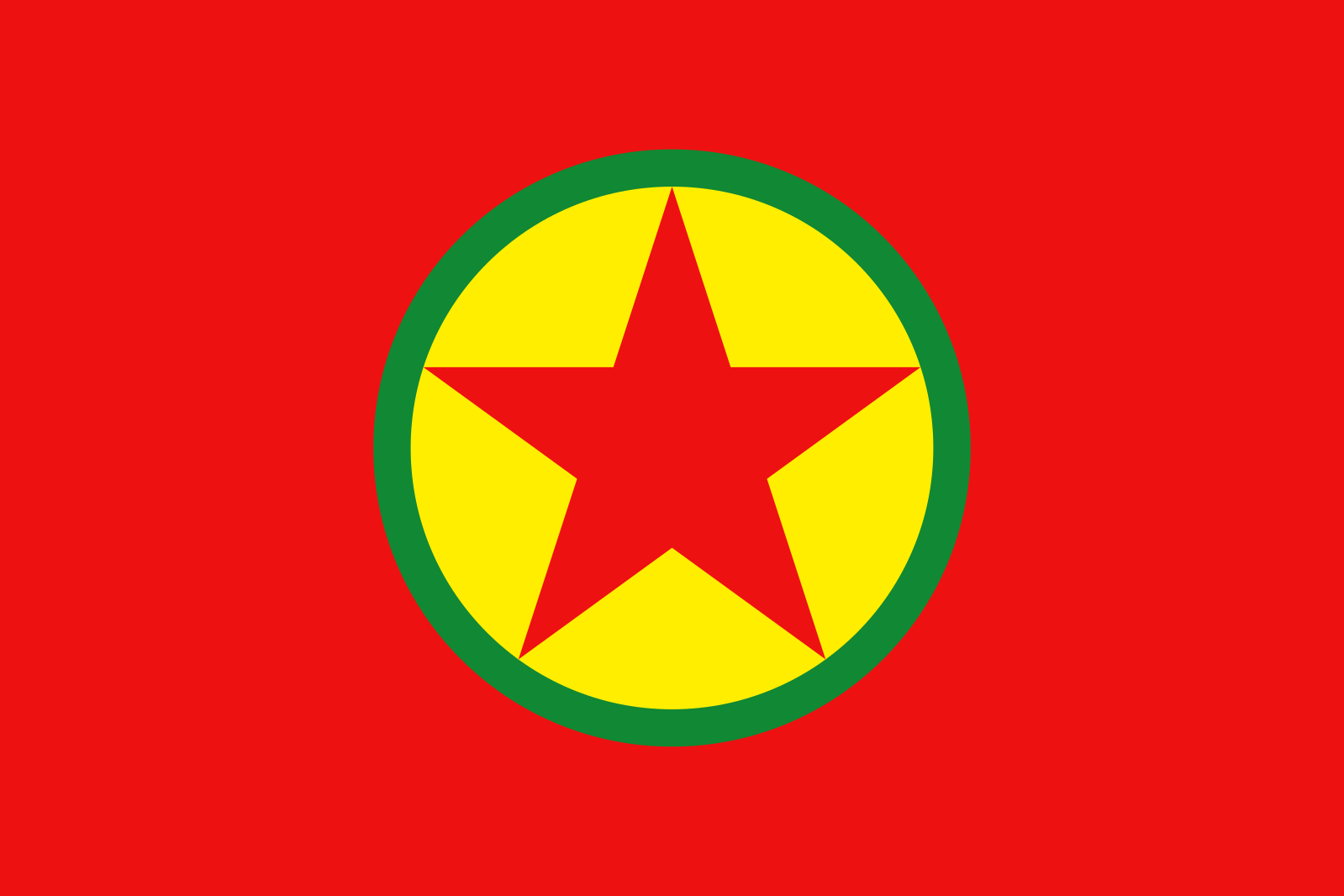
Zohran Mamdani and municipal resistance II
As a dictatorship consolidates in Turkey, aspiring strongman Recep Tayip Erdogan is launching a special attack on municipalities, arresting the mayor of Istanbul and removing elected governments in hundreds of cities and towns across the country—mostly in the restive Kurdish east. In the United States, aspiring strongman Donald Trump is now threatening to similarly remove Zohran Mamdani if he becomes mayor of New York, and order a federal take-over of the city government. Border czar Tom Homan says he will “flood the zone” with ICE agents in “sanctuary cities” such as New York and Los Angeles. In Episode 287 of the CounterVortex podcast, Bill Weinberg argues that Trump forcing the issue could accelerate the breaking point in which localities coast-to-coast assert their autonomous powers in repudiation of the fascist-coopted federal leviathan—vindicating Murray Bookchin’s theories of radical municipalism. (Photo: Wyatt Souers/Peoples Dispatch)



